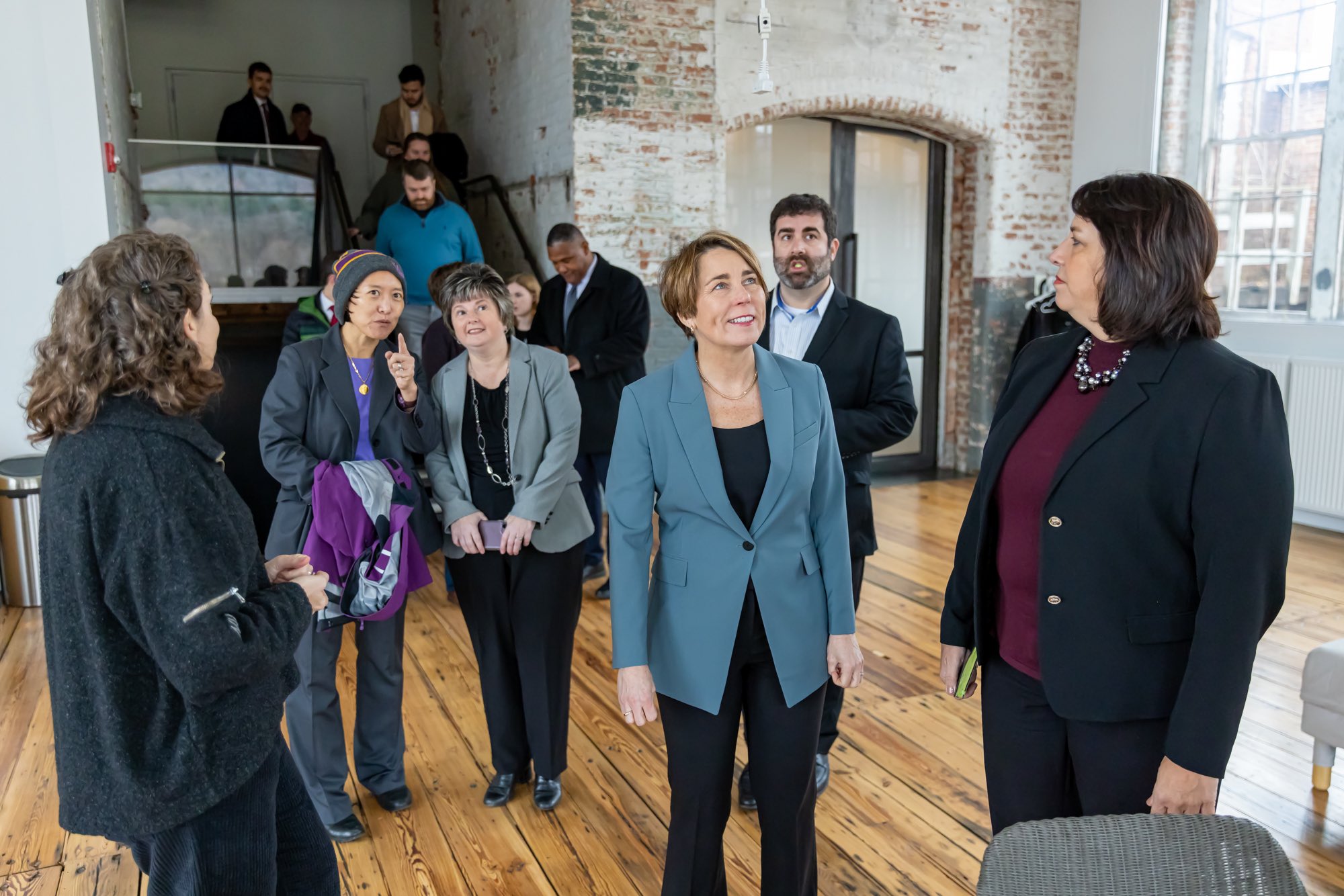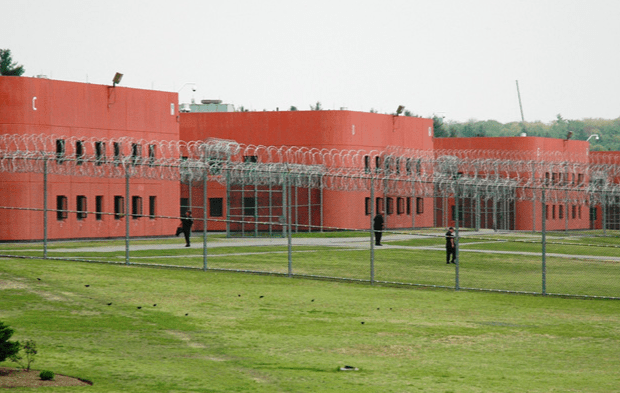FM #1647-48-49 = This is the Franklin Matters radio show, numbers 1647-48-49 in the series.
This session shares part of the Franklin (MA) Town Council meeting held on Wednesday, January 21, 2026. The Council held this session as scheduled beginning at 6 PM. All 9 Councilors participated for this 4 hour plus session.
1647 - covers the opening, Citizen comments, and 2 appointments to the Zoning Board of Appeals (approx. 2 hour 16 mins)
1648 - segment from the meeting covering the full discussion on the DPW infrastructure update & discussion (approx. 1 hr. 40 mins)
1634 - segment from the meeting covers remainder of the meeting (approx. 52 mins)
Audio 1649 https://franklin-ma-matters.captivate.fm/episode/fm-1649-franklin-ma-town-council-mtg-01-21-26/
 |
| Town Council spends 2 hours to ultimately & unanimously approve appointments of 2 to the ZBA (audio) |
--------------
Additional notes on the meeting recap can be found (including link to Franklin TV video) ->
https://www.franklinmatters.org/2026/01/town-council-spends-almost-2-hours-to.html
-------------
We are now producing this in collaboration with Franklin.TV and Franklin Public Radio (wfpr.fm) or 102.9 on the Franklin area radio dial.
This podcast is my public service effort for Franklin but we can't do it alone. We can always use your help.
How can you help?
If you can use the information that you find here, please tell your friends and neighbors
If you don't like something here, please let me know
And if you have interest in reporting on meetings or events, please reach out. We’ll share and show you what and how we do what we do
Through this feedback loop we can continue to make improvements. I thank you for listening.
For additional information, please visit Franklinmatters.org/ or www.franklin.news
If you have questions or comments you can reach me directly at shersteve @ gmail dot com
The music for the intro and exit was provided by Michael Clark and the group "East of Shirley". The piece is titled "Ernesto, manana" c. Michael Clark & Tintype Tunes, 2008 and used with their permission.
I hope you enjoy!
------------------
You can also subscribe and listen to Franklin Matters audio on iTunes or your favorite podcast app; search in "podcasts" for "Franklin Matters"







